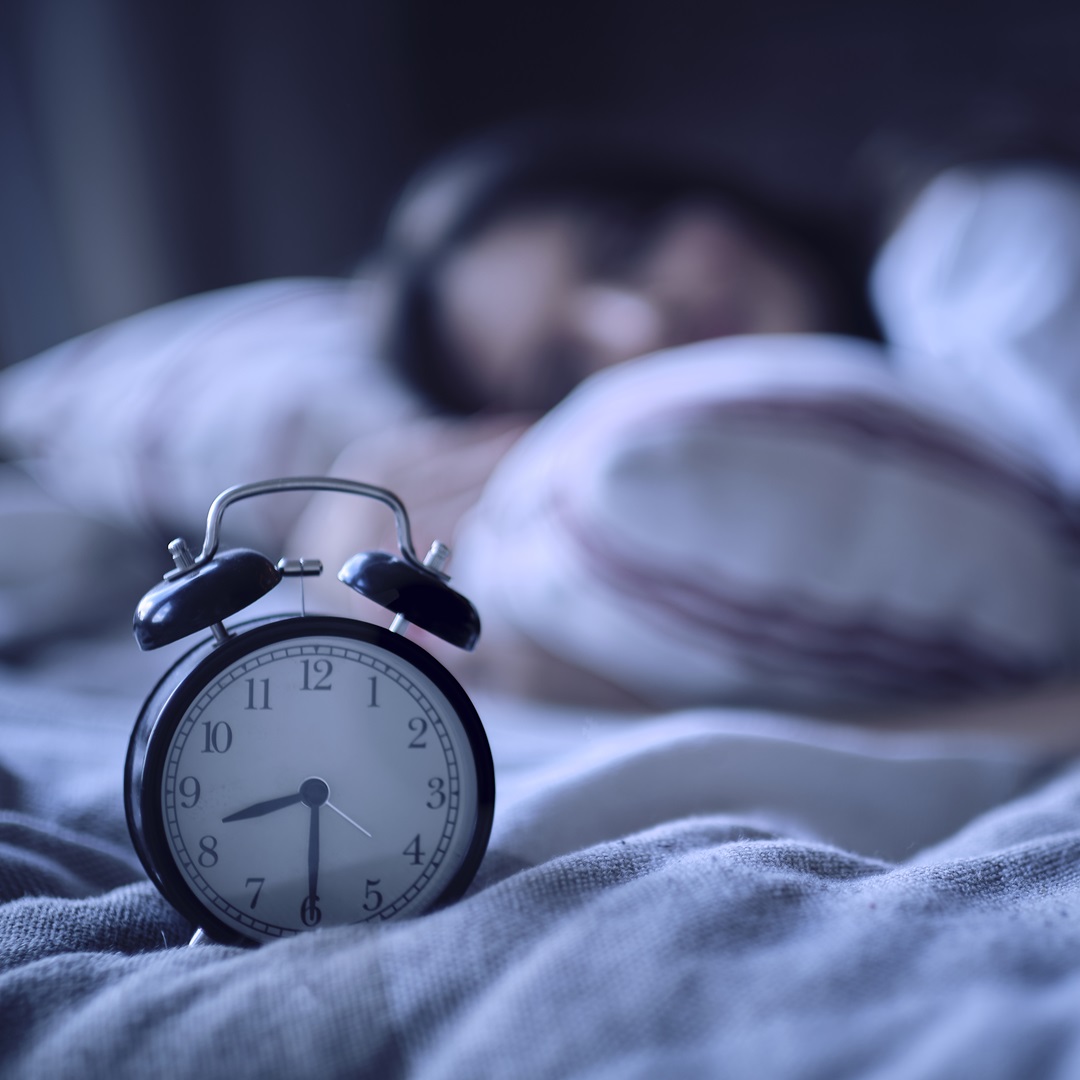by Stephen Luther, M.D.
Share

You’ve been sold the dream: clock eight hours of sleep, and you’ll wake up a superhero – bright-eyed, bushy-tailed, ready to crush it. It’s the bedrock of sleep advice, plastered across health blogs and doctor’s pamphlets. But bold research has just flipped the script: there’s no real evidence locking us into that eight-hour mold, and ancient humans didn’t even sleep that way – they split it into two chunks.
Dig deeper, and it’s clear our sleep needs aren’t one-size-fits-all; they dance to personal rhythms and ancient echoes. So, could ditching the eight-hour chase – and tuning into your own beat.
The 8-Hour Hype: More Factory Than Fact
That sacred eight-hour mark isn’t some eternal truth – it’s a byproduct of the Industrial Age. When factories demanded workers rise with the sun, sleep got squeezed into a tidy block to fit the clock. Before that, rest was looser. Picture folks centuries ago dozing off after dark for a few hours, waking in the quiet night, then drifting back ‘til dawn. No rigid quota, just a flow that matched their world. Modern science backs this up: sleep length isn’t fixed – some thrive on six, others need nine. The claim isn’t wild – eight hours as a must-have lacks the hard proof we’ve assumed, shaped more by schedule than biology.
2-Phase Sleep: Our Ancestral Blueprint
Think of your ancestors hunkered by a fire, night stretching long without bulbs or screens. They didn’t crash for eight straight – they slept in two acts. First, a few hours after sunset; then a wakeful stretch to ponder, chat, or tend the embers; followed by a second snooze ‘til morning. This biphasic pattern pops up in old writings – diaries, poems, even medical notes – and experiments echo it. When people ditch clocks and live by natural light, their sleep naturally splits: 3-4 hours, a break, then more. The “shocking truth” taps into this – it’s not just history; it might be how we’re wired beneath the modern grind.
Circadian Rhythm: Your Body’s Inner DJ
Here’s where it gets personal: your sleep’s ruled by a circadian rhythm; a 24-hour beat set by your brain’s master clock. It’s why you yawn as dusk falls or perk up with the sun – light cues your system to rest or rise. But it’s not the same for everyone. Some folks peak early, wired to crash at 9 p.m. and bounce up at 5 a.m. – larks, they’re called. Others, the night owls, don’t wind down until midnight and are groggy until noon. Teens? Their clocks shift later, begging for 9-10 hours. Genes, age, even lifestyle tweak this rhythm, meaning eight hours might overshoot your sweet spot – or leave you short. Forcing a universal mold ignores this dance, and that’s where the trouble starts.
Why 2 Shifts Might Beat 1 Long Haul
Splitting sleep could sync you better with that inner beat. Our energy dips twice daily – once at night, once mid-afternoon – natural slots for rest. Two-phase sleep leans into this, breaking rest into manageable chunks. People testing it often feel a calm clarity during that midnight wake-up, like a bonus reset. Hormones play along too: after a short sleep, your body pumps out prolactin, easing stress, while melatonin keeps flowing if light’s low. Compare that to wrestling eight hours into a night riddled with phone glow or late coffee – two shifts might dodge the chaos, aligning with what your brain’s built for.
Sleep Needs: Not Everyone Needs 8
Here’s the clincher: we’re not all cut from the same cloth. Some hum on six hours, sharp as a tack; others drag without nine. Teens and kids need more – 8-11 hours – to grow and learn, while older folks often trim down to 7. Studies show short sleepers – those thriving on less – have gene tweaks letting them recharge fast, while long sleepers might need extra to dodge mood dips or brain fog. Toss in health, stress, or even pregnancy, and your “ideal” shifts. Eight’s a rough average, not a law – pushing it on everyone is like prescribing one shoe size for all feet.
Tech’s Sleep Sabotage
Modern life doesn’t help. Those wireless headphones or screens you love? They’re pumping out electromagnetic vibes that might nudge your melatonin off-kilter, making a solid eight – or any sleep – harder to snag. Two-phase sleep could sidestep this: shorter bursts might shrug off the buzz better than one long, fragile stretch. It’s not about ditching tech – just rethinking how it fits your rest.
How to Test the 2-Sleep Life
Ready to remix your nights? Here’s a starter:
- First Doze: Hit the pillow early – 9 p.m. or so – for 3-4 hours. Dim the lights, skip the screens.
- Nighttime Break: Wake naturally, no forcing it. Hang out for an hour – read, think, keep it mellow.
- Second Snooze: Back to bed for 3-4 more, up with the sun. You’re still in the 6-8 range, just split.
Tailor it to your rhythm – larks might start earlier, owls later. Cut caffeine late, cool your room, and ease in; it might take a week to click. The payoff? Less angst over hitting eight, a vibe that fits you, and maybe a fresher morning.
The Real Deal
It’s not flawless – jobs, kids, or Netflix binges can derail it, and it won’t suit every life. We don’t have a slam-dunk study crowning two-phase sleep king, but history and biology hint it’s legit. With restless nights plaguing so many – more than a third of us skimp on sleep – tweaking the norm could be a lifeline. Whether you split it or just ditch the eight-hour guilt, the win’s in listening to your own clock, not the world’s.
Sleep Your Way Forward
The poke at eight hours isn’t just noise – it’s a nudge to rethink rest. Our ancestors flowed with two sleeps, tuned to their rhythm, not a rulebook. Your circadian beat, your unique needs – they’re the real MVPs here. Test the split, tweak the hours, and find your groove. Eight might be a myth for you – or not. Either way, the ancients might’ve had it right: sleep’s personal, not prescribed.
When You Need Help
Whether you struggle with insomnia, irregular sleep patterns, or simply want to optimize your rest, Symbios Health’s personalized approach can align your sleep with your body’s natural rhythm. By integrating science-backed strategies, Symbios Health empowers you to develop healthier sleep patterns, leading to improved mental clarity, energy, and overall well-being.





